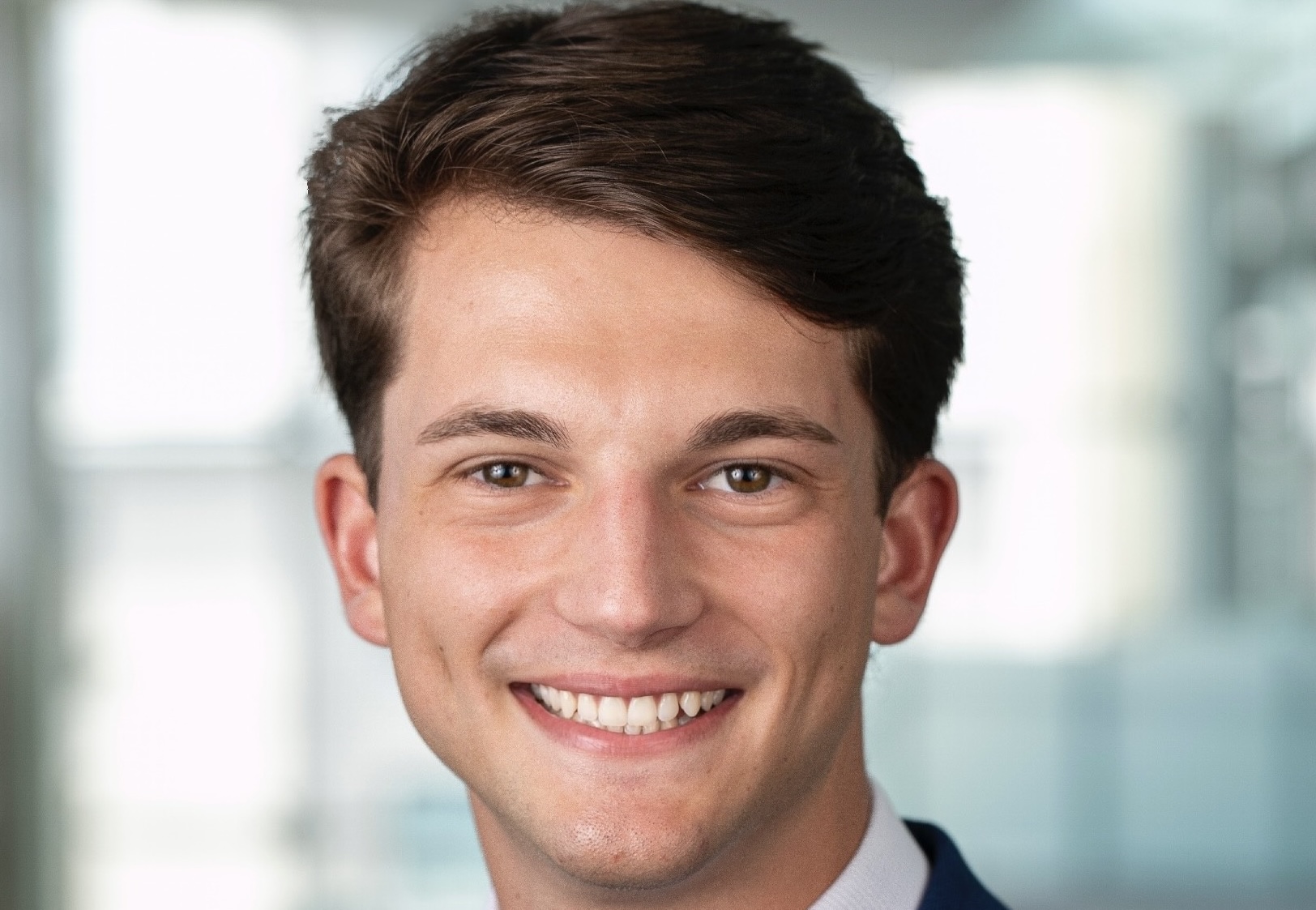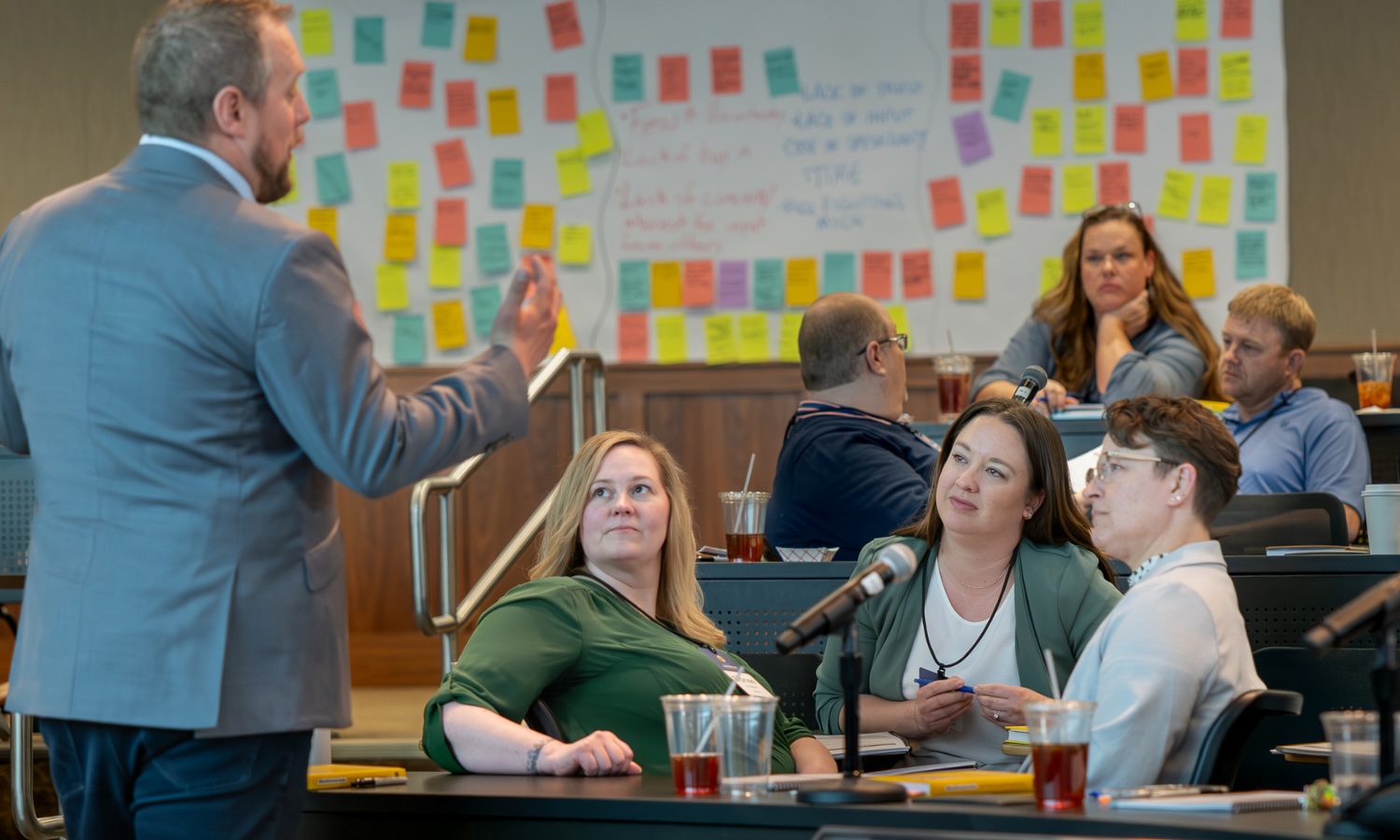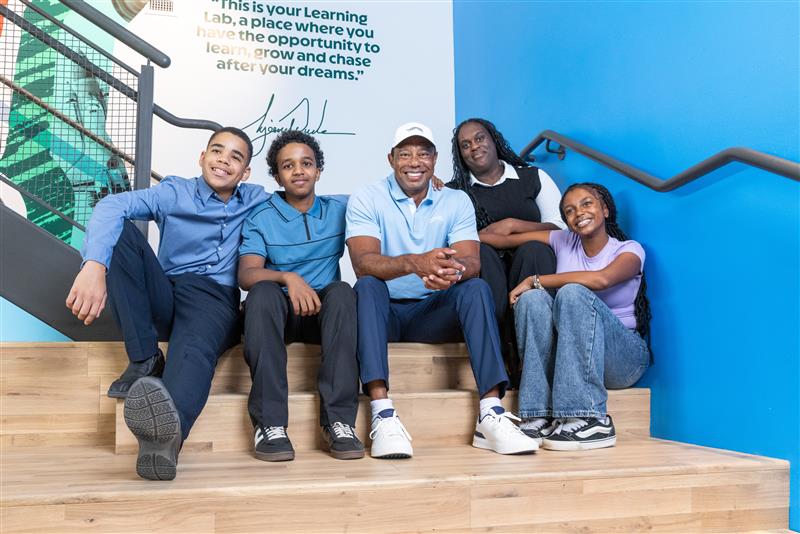The mission of the College of Charleston’s Center for Public Choice and Market Process (CPM) is to advance an understanding of the economic, political, and moral foundations of a free society. CPM supports faculty research and professors who teach and mentor undergraduates. For students, CPM offers programming that encourages discussion and debate regarding the theory, history, and practice of a free society. We spoke to Lucas Moyon, a 2023 graduate and economics, physics, and astronomy major, about how CPM shaped his college experience and how it influences his work today. Moyon is currently a senior research associate in the Federal Reserve’s Current Macroeconomic Conditions section where he maintains an advanced suite of models that estimate unobserved variables in the economy.
CKF: Before we discuss your time at the College of Charleston, can you explain what you do at the Fed? What does it mean to “estimate unobserved variables in the economy?”
Moyon: It means I do research, and I do programming. So, [Federal Reserve Chair] Jerome Powell comes out every six weeks or so and says whether the Fed is going to raise interest rates or not. I help to create this enormous book for him with all of the underlying data that he uses to guide that decision. I’ve also built a data dashboard for one of the Feds governors that tracks all the indicators they like to see about how the economy is doing. It’s on their desktop, and they press a button and up comes all the indicators they want to review.
CKF: So, you’re writing the book that helps the Fed chair set interest rate policy. Amazing. You were a triple major — physics, astronomy, and economics. What made you decide to join CPM on top of what must have been a heavy course load?
Moyon: I heard about CPM before I even arrived on campus when I came for an interview for the college’s honors program. I met an economics major who was involved with the center. He was so impressive. I met his parents too, and they just kept saying how much their son loved Charleston and CPM. It made an impression. Then I took Economic 101 my freshman year. I also met Dr. [Peter] Calcagno, who is the director of the center. I knew I had to be part of CPM, so I applied for my sophomore year. The center looks for students who are excited about economics and policy. Around the same time, I was offered an internship at the Federal Reserve Bank of Richmond that began right after my freshman year. I think that demonstrated my interest in the types of questions CPM tackles!
CKF: Practically, what does the CPM program entail?
Moyon: One of CPM’s staples is its book club. This was huge for me. Transformative. I mean, I love reading because it really does shape the way you think. And it’s amazing to me how I can be in Washington, D.C. right now and feel myself going back to that reading. The book club also took trips. Once we went to Milton and Rose Frieman’s house Capitaf in Vermont. It’s this beautiful, hexagon-shaped house in the middle of nowhere and it was just a few students and Dr. Calcagno from Charleston and a few students and professors from Florida State and Florida International University as well. There was probably a dozen of us sitting around talking about Friedman’s ideas, in Friedman’s house, for a week. I couldn’t believe I got to go on this trip and be with these people — for free! I won’t call it a spiritual experience, but I definitely loved every minute of it.
CKF: Speaking of people you met, did CPM give you the chance to talk to students or professors you would not have encountered otherwise? If so, what are the benefits of this exposure?
Moyon: Everyone in the program had something in common — an interest in economics and policy, but that may have been all we had in common. I really vibe with Milton Friedman’s ideas, but some of my CPM friends do not. And I think it’s important to have that ideological balance. One of my good friends from the program is now working toward a master’s degree in public health and she’s probably more on the government interventionist side. But we learn from each other by asking questions of one another in a respectful way. The center really gave us the opportunity to learn that skill, which is so important in today’s political climate and with social media. In fact, I no longer engage on social platforms, and one reason is that they allow people to become entrenched. If people sat down and had a respectful conversation or read and discussed a book together, we’d be better off.
CKF: And how do the people you met through CPM continue to help and influence you?
Moyon: I’m applying to several business schools and a few master’s programs. I still talk regularly with Dr. Calcagno and a lot of the faculty at Charleston, and even some of the professors at other schools that I met through CPM programming. A lot of my peers who are applying to graduate school and are a few years out of school wonder if their professors will remember them when they ask for a recommendation. I don’t worry about that.
CKF: How do you think you’ll carry what you learned from the CPM program with you to the next step, or throughout your professional life?
Moyon: I did a few research projects through CPM and certainly that experience has helped me in my role at the Fed, but the center gave me a lot more than the skills I need to be a research assistant. The type of thinking the center taught me will be valuable some day when the place I’m applying is really looking for someone to lead, to run something, or to solve a problem. It gave me this kind of philosophical worldview to ask questions about better ways to do things, or structure organizations, to get the best outcome.
I guess the center taught me not to accept things the way they are just because they’ve been that way. The center really takes you when you’re 18 years old and says, hey, the world has gone through a lot of different phases in the past 500 years, or 100 years, or even just 50 years. And we have all these systems today, but what if they weren’t that way? I really stopped being on autopilot in the world and started asking myself what things should change, and what I can do to change things. That really matters.










